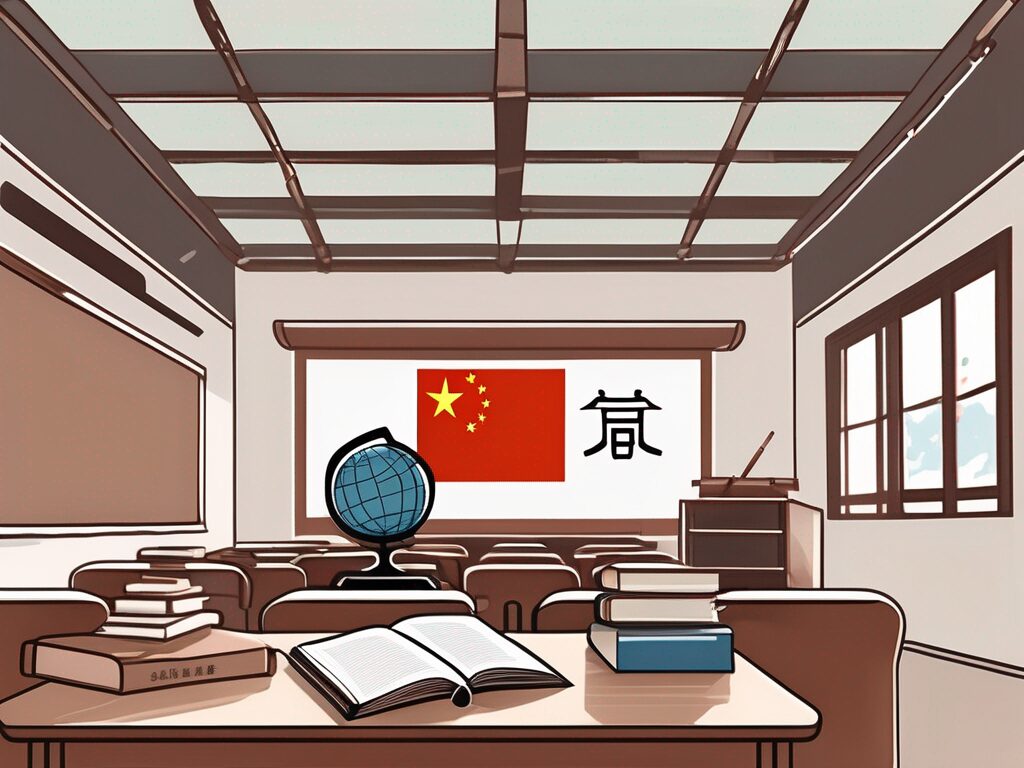html
Master’s in Education: 4 Key Teaching Challenges in China vs. Qatar
In the ever-evolving landscape of global education, understanding the unique challenges faced by teachers in different countries is crucial for aspiring educators. This blog post delves into the four key teaching challenges encountered in China and Qatar, two nations with distinct educational systems and cultural contexts. By examining these challenges, we aim to provide valuable insights for educators considering a Master’s in Education, particularly those interested in international teaching opportunities.
1. Cultural Differences and Classroom Dynamics
One of the most significant challenges teachers face in both China and Qatar is navigating cultural differences that influence classroom dynamics. In China, the education system is heavily influenced by Confucian values, which emphasise respect for authority and collective learning. This can lead to a more passive learning environment where students may hesitate to express their opinions or engage in discussions.
Conversely, Qatar’s education system is shaped by its Islamic heritage and a growing emphasis on modern educational practices. While Qatari students are encouraged to participate actively in their learning, teachers must still be sensitive to cultural norms and values that may affect student engagement. For educators, understanding these cultural nuances is essential for fostering an inclusive and effective learning environment.
2. Language Barriers and Communication Challenges
Language barriers present another significant challenge for teachers in both China and Qatar. In China, while English is increasingly taught in schools, many students may still struggle with proficiency, particularly in rural areas. This can hinder effective communication and limit students’ ability to fully engage with the curriculum.
In Qatar, the situation is somewhat different. The country is home to a diverse expatriate population, and English is widely spoken. However, teachers may encounter students who speak Arabic as their first language, leading to potential misunderstandings and communication gaps. Educators must develop strategies to bridge these language barriers, such as incorporating visual aids, using simple language, and fostering a supportive classroom atmosphere.
3. Curriculum Rigor and Standardisation
Curriculum rigor and standardisation pose unique challenges in both countries. In China, the education system is known for its high academic standards and rigorous examination processes. Teachers often face immense pressure to prepare students for national exams, which can lead to a narrow focus on test preparation rather than holistic learning experiences.
On the other hand, Qatar is in the midst of educational reform, aiming to modernise its curriculum and improve educational outcomes. While this presents opportunities for innovation, it also creates challenges for teachers who must adapt to new standards and expectations. Educators in both countries must find a balance between meeting curriculum requirements and fostering a love for learning among their students.
4. Professional Development and Support Systems
Finally, the availability of professional development and support systems is a critical factor influencing teaching effectiveness in China and Qatar. In China, while there are numerous opportunities for professional development, access can be uneven, particularly in rural areas. Teachers may struggle to find resources and support to enhance their skills and adapt to changing educational demands.
In Qatar, the government has made significant investments in teacher training and professional development. However, the rapid pace of educational reform can leave some educators feeling overwhelmed and underprepared. To succeed in these environments, teachers must be proactive in seeking out professional development opportunities and building supportive networks with their peers.
Conclusion
In summary, the teaching challenges faced in China and Qatar are shaped by cultural differences, language barriers, curriculum rigor, and the availability of professional development. For educators considering a Master’s in Education, understanding these challenges is essential for navigating the complexities of international teaching. By equipping themselves with the knowledge and skills to address these issues, teachers can make a meaningful impact in their classrooms and contribute to the global education landscape.
Empower Your Teaching Career with IPGCE
As we strive for a more inclusive education system in Malaysia, the role of qualified and well-trained educators becomes increasingly crucial. IPGCE is dedicated to supporting teachers in their professional journey, offering the International Postgraduate Certificate in Education (iPGCE) to enhance qualifications and open doors to international teaching opportunities. With our program, you can expect a significant increase in interview callbacks, promotion rates, and salary. Plus, you’ll join a global network of educators, gain a deeper understanding of international curricula, and enjoy the flexibility of online study. Don’t let inadequate credentials or isolation hold you back. Join the UK’s #1 Teacher Training Course today and take a decisive step towards a fulfilling career in inclusive education.
Related Topics
- Challenges in International Education
- Cultural Competence in Teaching
- The Importance of Professional Development for Teachers
Connect with us on LinkedIn to stay updated on the latest in education and professional development!

